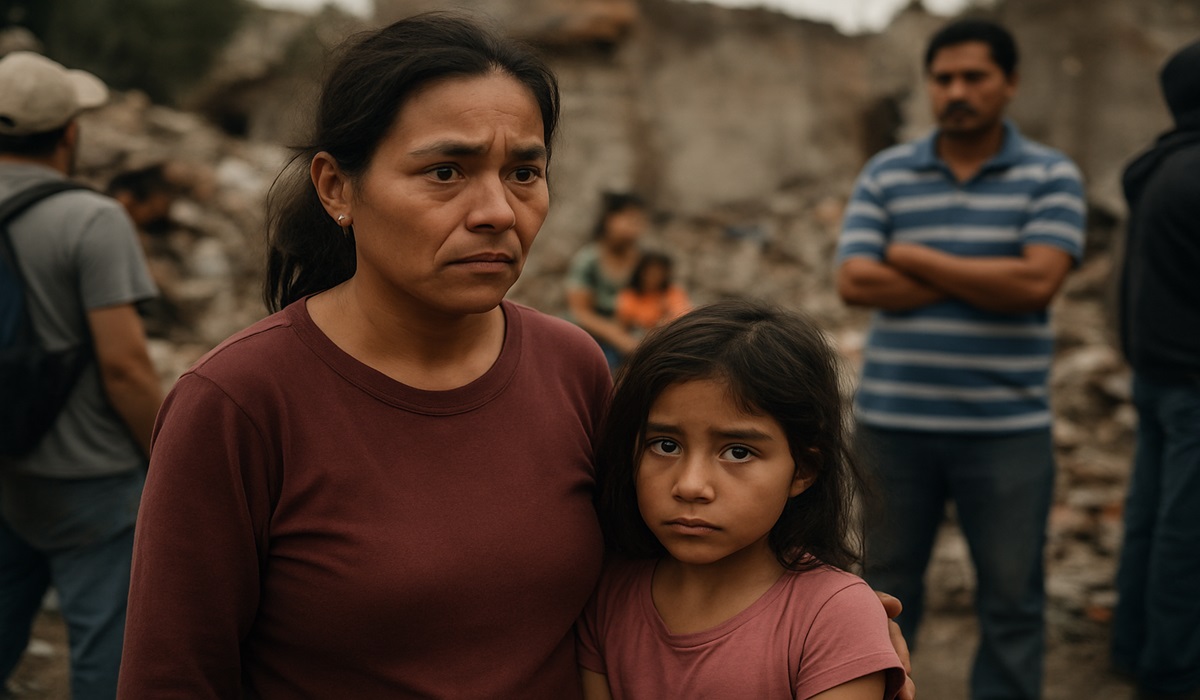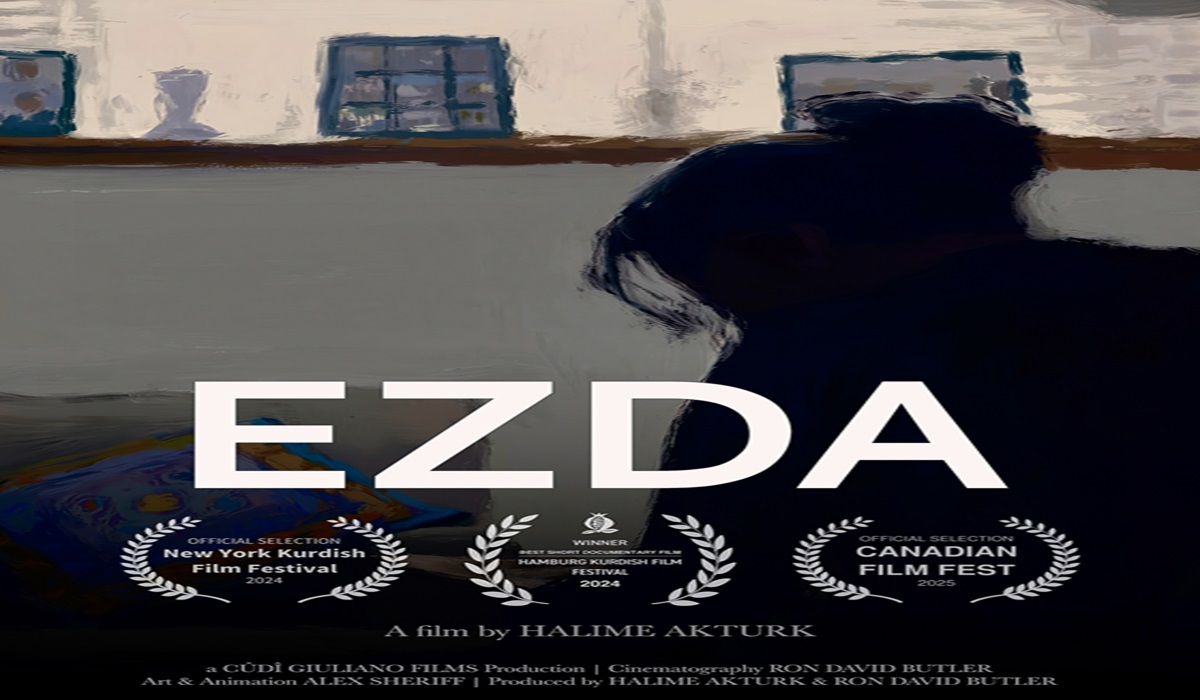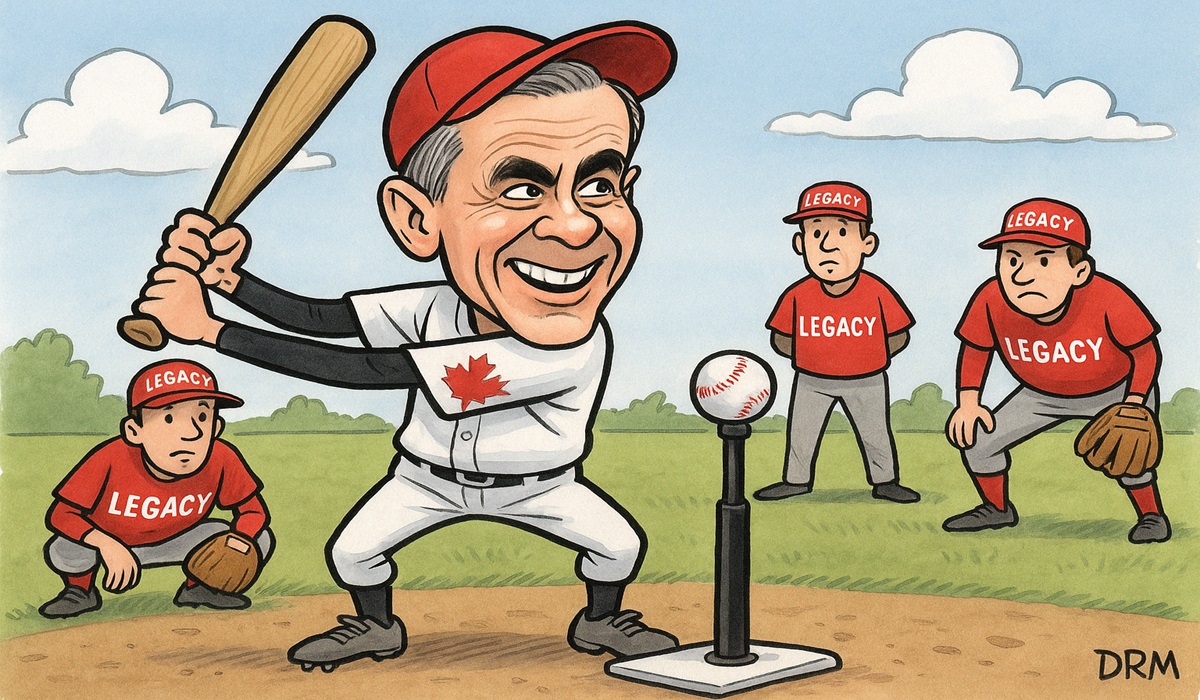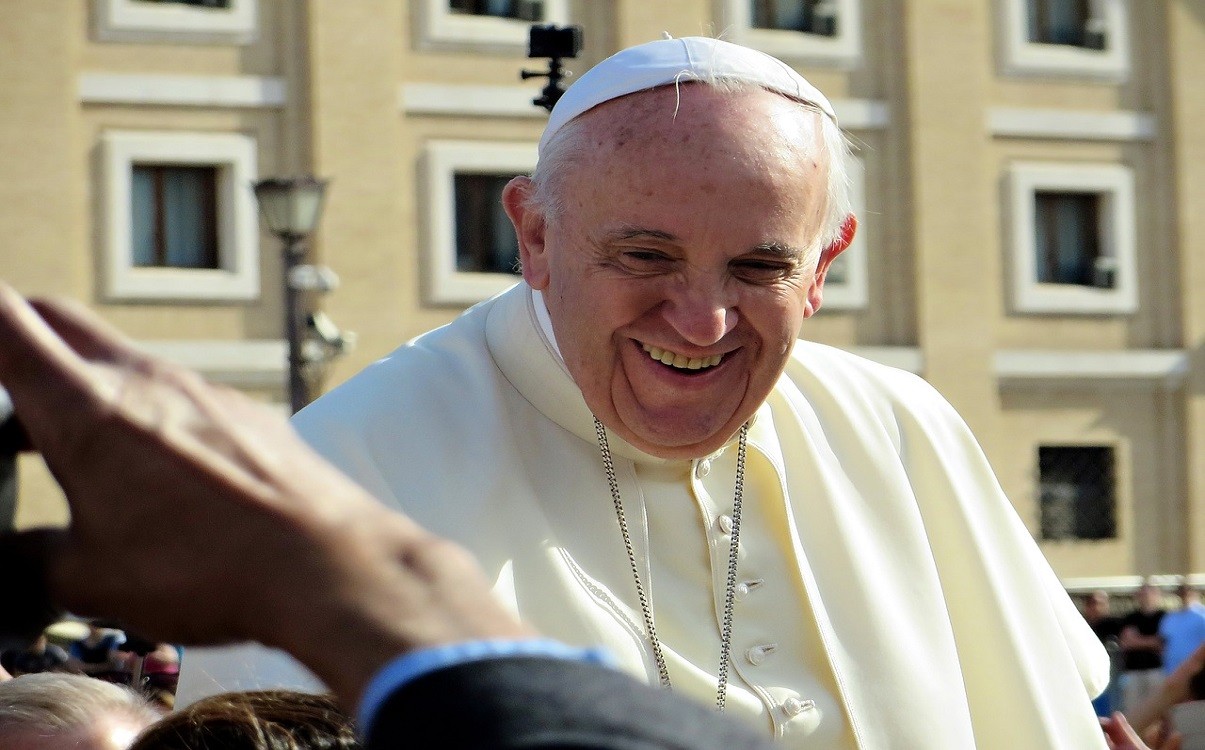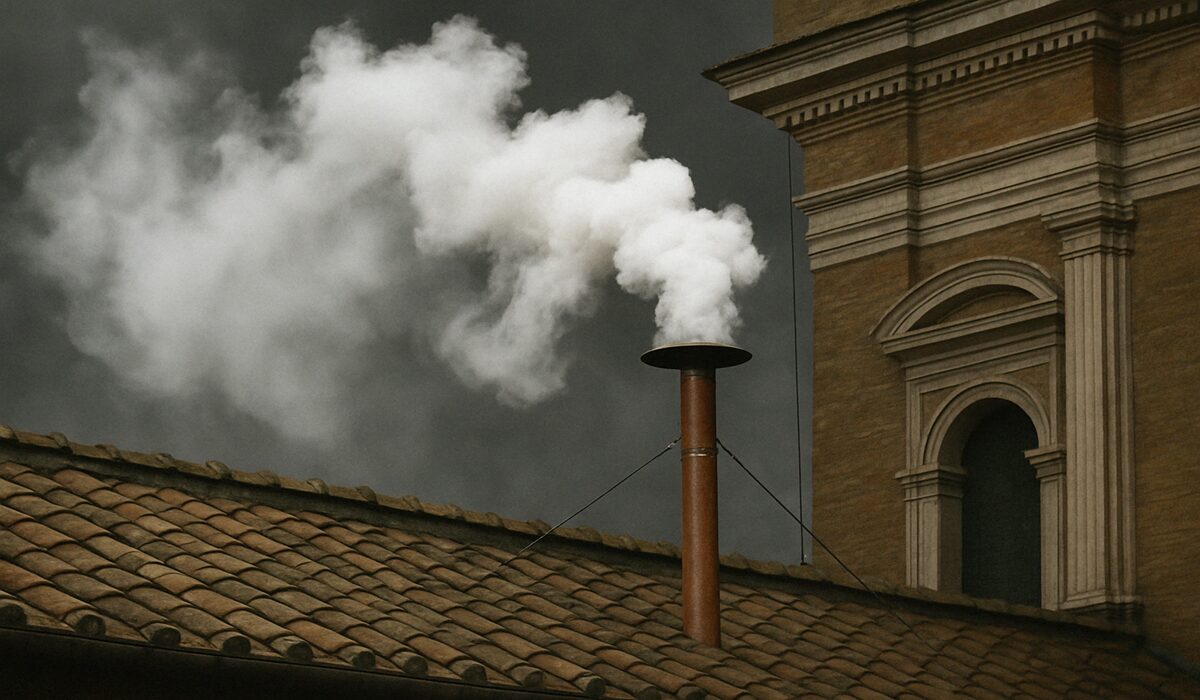Eastern Congo’s Living Nightmare: A Crisis the World Chooses to Ignore
- Ingrid Jones
- Africa
- D.O.C Supplements - Trending News
- April 2, 2025
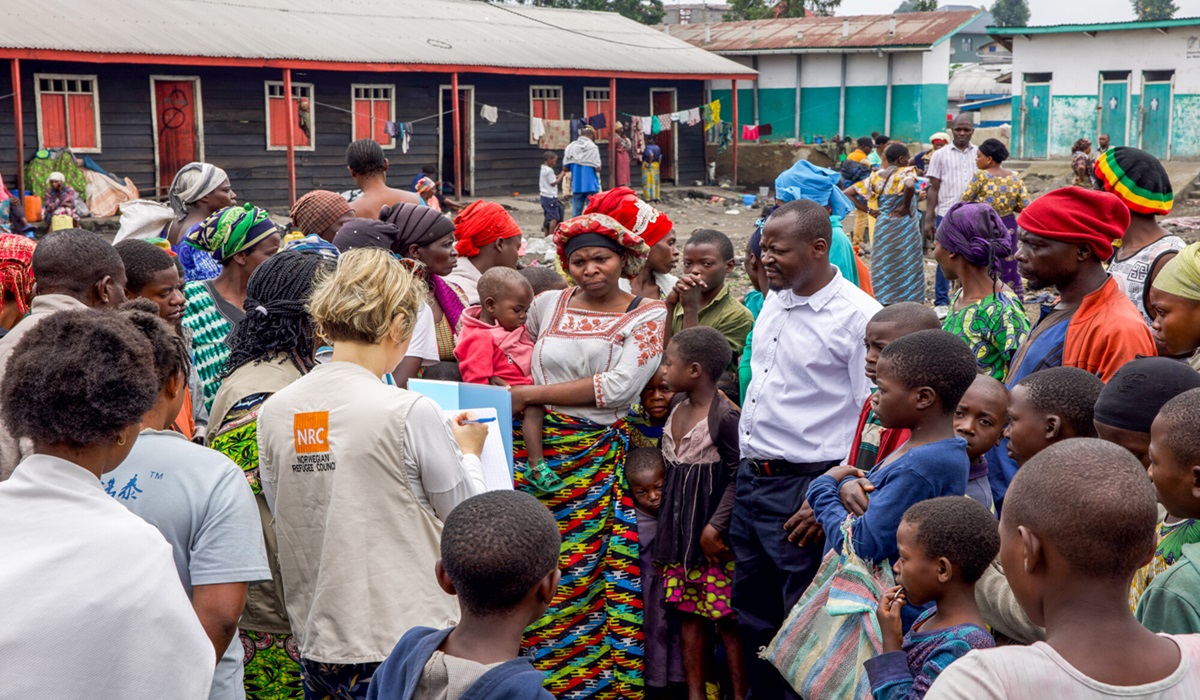
Image Credit, NRC
In the brutal chaos of eastern Democratic Republic of Congo, suffering has become so normalized that it no longer makes headlines. Yet today, over 6.9 million people have been driven from their homes, and nearly 2 million children are out of school as armed conflict, displacement, and hunger surge through North and South Kivu like a plague. This is not a natural disaster. This is manufactured human misery, prolonged by silence and inaction.
What’s unfolding in the DRC right now is not just a humanitarian crisis—it’s a collapse of international moral responsibility. According to the Norwegian Refugee Council, 1.2 million people have already been displaced in just the first few months of 2025. Families who had fled to temporary shelters are being forced to flee again, sometimes for the third or fourth time, running from gunfire, sexual violence, and the ever-present threat of starvation. In Goma and its surrounding areas, latrines are destroyed, clean drinking water is nonexistent, and cholera is spreading like wildfire. People are drinking untreated water from Lake Kivu because they have no choice. Women are exchanging sex for food. Children are begging in the streets. And still, the world looks away.
Jan Egeland, Secretary General of the Norwegian Refugee Council, didn’t mince words during his visit to Goma: “The lives of hundreds of thousands of people here in eastern DRC are hanging by a thread… It is unacceptable that a small number of humanitarian organisations are faced with a vast mountain of needs.” He’s right. There’s no excuse for why the DRC continues to be ranked, year after year, as one of the world’s most neglected displacement crises. It’s not just a stain on the international community. It’s a permanent scar.
The United States, once the leading donor for aid in the region, has seen many of its USAID-funded projects interrupted—paused at the exact moment when needs have exploded. While donor countries squabble over budgets and domestic priorities, 27.7 million Congolese people are facing high levels of acute food insecurity. That’s nearly 30 million lives being slowly strangled by starvation, conflict, and displacement.
Let’s be clear: these are not just numbers. These are mothers searching for medicine in camps that have none. These are fathers burying children lost to hunger or disease. These are communities that can’t go back to their farms because the land is riddled with unexploded munitions or contested by those with bigger guns. Around Shasha, west of Goma, over 90 percent of people have no access to proper latrines or washing facilities. Schools remain shuttered across the region—5,927 of them, to be exact—cutting off education for nearly 2 million children.
This is what neglect looks like. This is what it sounds like when the world turns its back.
What’s even more staggering is that this level of collapse is not due to a lack of knowledge. Every year, international agencies release reports pleading for help. Every year, the DRC’s humanitarian response plan receives less than half the required funding. In 2023, it was 41 percent funded. In 2024, it was 44 percent. Now in 2025, aid agencies are asking for $2.54 billion to provide lifesaving support to 11 million people. That’s pennies per person when you break it down. But even those pennies are missing.
It’s time to stop pretending this crisis will fix itself. It won’t. Armed groups are not going to suddenly disarm without pressure. Aid is not going to magically appear without funding. Schools won’t reopen unless the infrastructure is rebuilt. Land won’t be farmed if it’s riddled with bombs or disputed by warlords. What eastern Congo needs is not just charity—it needs commitment. Long-term, sustained investment. Coordinated diplomatic engagement. Real political will.
The people of the DRC are not asking for pity. They’re demanding dignity. They’re demanding the basic right to live without being chased from their homes, without having to send their children into the streets to beg for food. And they are right to demand it.
For too long, eastern Congo has been treated as an expendable tragedy. It’s time the international community faced the truth: this is not a forgotten crisis—it is a crisis we choose to forget. And that choice must end now.

